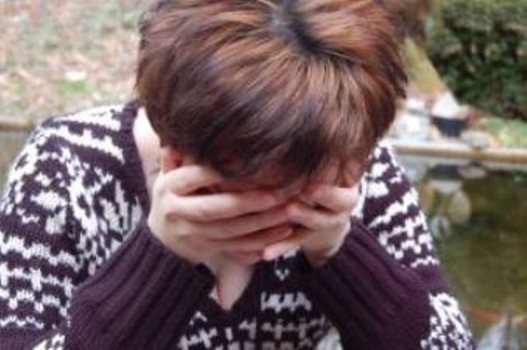Being bullied may have greater long-term effects than childhood abuse or neglect, a new study suggests. The research, published in The Lancet Psychiatry journal, found that children who had been bullied by their peers but not abused by adults were more likely to be anxious or depressed or to try to hurt themselves.
Previous studies have focused on outcomes resulting from such abuse as physical or emotional ill-treatment, sexual abuse and neglect. According to a Lancet news release, this study is the first to examine whether bullying on its own results in psychological problems later in life on par or worse than maltreatment by adults.
For the study, researchers led by Dieter Wolke, PhD, professor, department of psychology, University of Warwick in Coventry, England, examined data from 4,026 participants in the U.K.’s Avon Longitudinal Study of Parents and Children (UK ALSPAC).They also looked at data from 1,273 participants in the U.S. Great Smokey Mountain Study (GSMS).
Parents in the ALSPAC study provided information on maltreatment between the ages of 8 weeks and 8.6 years along with their child’s reports of bullying when they were ages 8, 10 and 13. The GSMS study included information on maltreatment and bullying between the ages of 9 and 16. The study team followed up with the participants when they were 18 to 25 years old.
“The mental health outcomes we were looking for included anxiety, depression or suicidal tendencies,” Wolke told Forbes. “Our results show those who were bullied were more likely to suffer from mental health problems than those who were maltreated. Being both bullied and maltreated also increased the risk of overall mental health problems, anxiety and depression in both groups.”
Findings showed that kids who were maltreated but not bullied were four times more likely to be depressed during young adulthood than their peers who had not been abused or bullied. However, children who had been bullied but not maltreated were almost four times more likely to have mental problems than kids who had been maltreated but not bullied.
In a Live Science interview, Wolke explained that bullying may be more scarring than child maltreatment because while society recognizes child abuse as a serious problem and supports its victims, people don’t see bullying the same way. “There’re still people out there who think bullying is a normal rite of passage — you go through it and toughen up, etc.,” he said.
The problem is that bullying leaves people with low self-esteem and a lasting distrust of other people, Wolke said. “Being socially excluded and being a social outcast is about the worst stress that we can experience, more than other pains.”
Wolke noted that one in three children worldwide report being bullied. Given the toll it is taking on the mental health of so many young adults, “it is vital that schools, health services and other agencies work together to tackle bullying,” he said.








